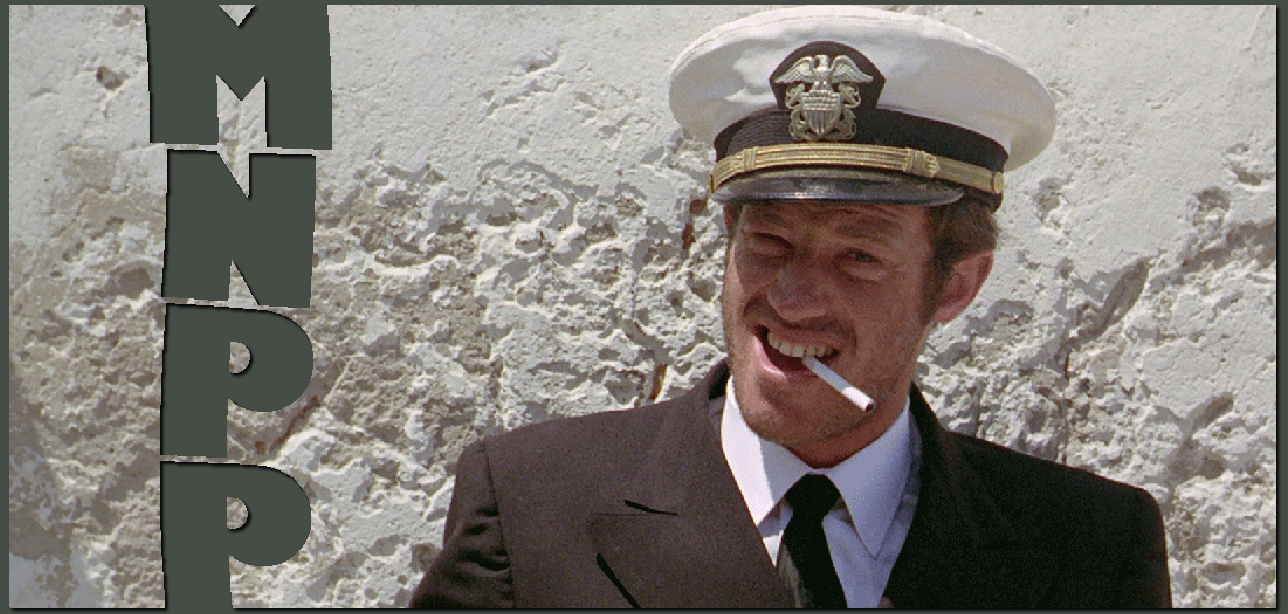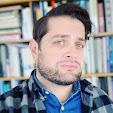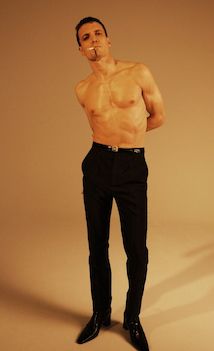Steve McQueen's Lovers Rock is opening the New York Film Festival (more on that later) at the same time that two horror films, each dealing with race, are dropping -- today a movie called Spiral is hitting Shudder, and tomorrow the long-delayed (thanks to COVID) and bigger-budgeted Antebellum, starring Janelle Monae and Jena Malone, is opening on VOD. I'm not going anywhere near the latter because several black writers I admire (see Angelica Jade Bastién's review at Vulture) have eviscerated it in ways it has coming, and I defer to them. If the film ever found anything to say I might've tried but it is tepid and reticent towards a subject you can be neither, and doesn't earn that effort. (Thankfully my girl Jena Malone escapes unscathed though.)
The "spiral" actually comes into play as a symbol of I believe Satanic hullaballoo -- without getting to into the specific meat of the neighborhood shenanigans you can see what's coming early on: these smiling suburbanites have their secrets, as every too friendly neighbor does post-Rosemary's Baby. I probably couldn't get too deep into the meat of the threat anyway because I wasn't really ever sure what it was, exactly -- the film overplays its hand when it comes to muddying up the what is what of it; Malik is swallowed up with flashbacks of a gay bashing from his youth, and the filmmakers take more care in making his sanity suspect than they do in sorting out the outer, existential threats. It becomes a bit of confusion for confusion's sake.
Still setting the film in the 1990s makes the film more interesting than it might have been otherwise -- that era, suffused with plague as it was, was particular. As a felt-trapped gay resident of a small-town my own understanding of gayness, like all of those not in the closet around me, finally seeped into external consciousness in this period, but only because of death and disease. AIDS was unavoidable at that point, and that was how I first came to see My People: as victims. The decade was bookended by Matthew Shepherd of course, which only furthered that narrative.
And of course at the time, in those places, those things remained very white. AIDS was Rock Hudson, and Matthew Shepherd was an attractive blond young man. Spiral inserting race into the story then feels pointed in the right ways -- a necessary reshuffling of the stories about it. So-called mainstream society will find numerous ways of shutting us out from one another -- ever tightening rooms within rooms within rooms -- until we're each staring at the walls and screaming for the exits. And so these horrors twist on and on, tighter around our throats with every generation that leaves them unsaid; cut off from one another. So we should, it seems, speak up whenever we can. No matter how much of an asshole that makes us.







































No comments:
Post a Comment